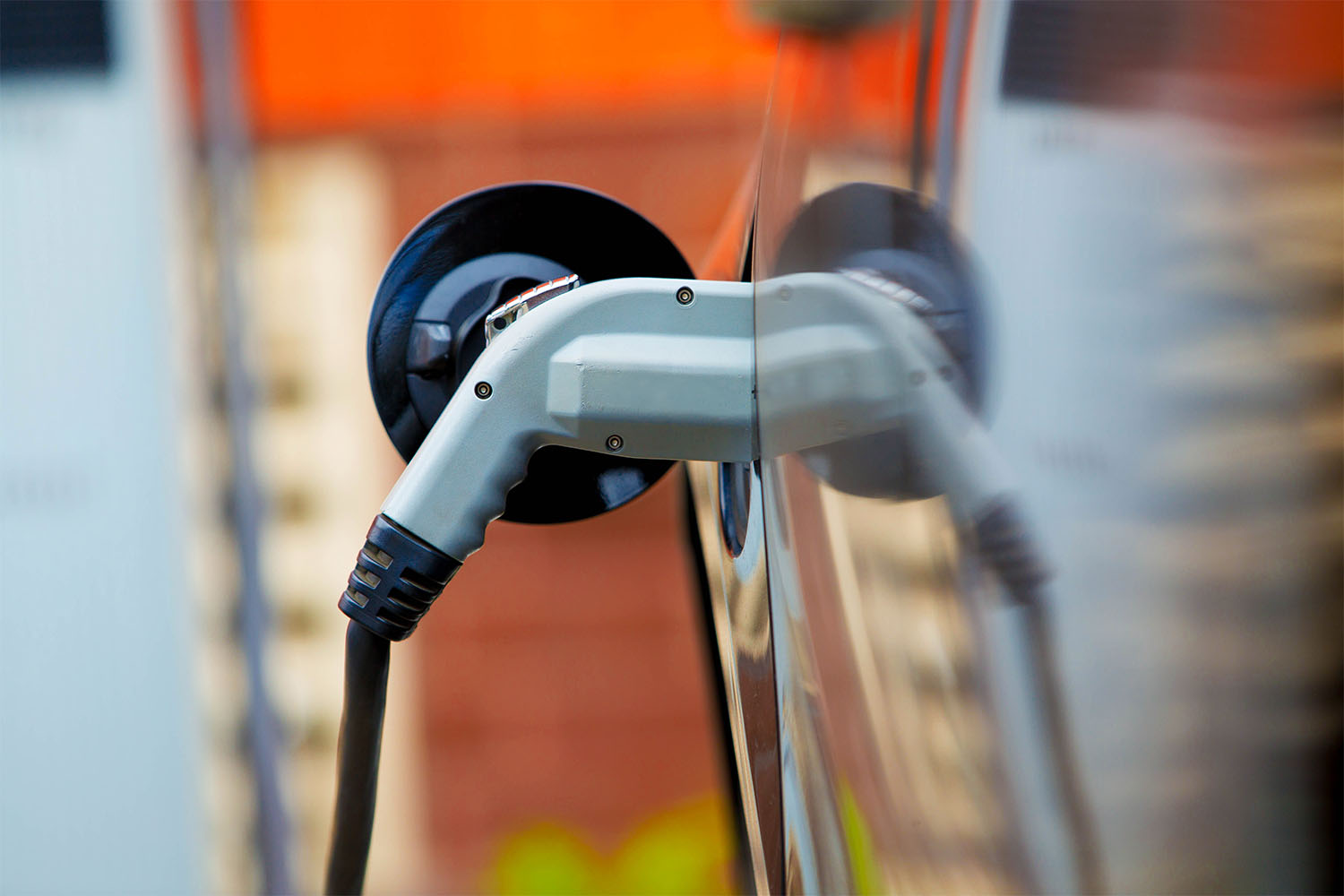Hydrogen series | The future of hydrogen projects and use cases in Europe
Published on 28th September 2022
While there is a growing and varied role for hydrogen to play in different countries' sustainability strategies, it is most advanced in transportation

Hydrogen has an increasing role to play in decarbonisation initiatives. While recognising the specific challenges in particular areas, there are distinct use cases evolving as different jurisdictions integrate hydrogen into their net zero strategies.
In the third webinar of our series on the role of hydrogen in decarbonising the European economy, our panel of experts was joined by Michal Kubicki, Policy Officer in Sustainable and Intelligent Transport team at the European Commission, Directorate General for Mobility and Transport, responsible for policies on hydrogen and renewable and low-carbon fuels. The webinar examined the EU's hydrogen policy, and particular use cases in the UK, Poland, Germany and Spain.
EU sustainable transport policy
Mr Kubicki spoke about hydrogen for industry and the transport policy priorities in the EU. He explained that in the EU the strategic outline of hydrogen policy is composed of four elements:
- The European Green Deal which provides objectives, in particular on zero net emissions of greenhouse gases by 2050;
- The European Hydrogen Strategy, based on the Green Deal, which provides high level objectives regarding the hydrogen;
- The "Fit for 55" package, based on the European Hydrogen Strategy and which is the first legislative package composed of a very large number of legislative elements, such as the Renewable Energy Directive, Alternative Fuels Infrastructure Regulation (AFIR), RefuelEU Aviation and FuelEU Maritime each of which seeks to provide a regulatory framework for hydrogen across Europe; and
- The RePowerEU plan, prepared in the context of the need to create strategic independence in the energy market.
He emphasised that the number of hydrogen fuelled vehicles in the EU is not as developed compared to electric vehicles. However, hydrogen still has a role in road transportation as a solution for long-distance trips and where there is only a short time period available for refuelling. The projection for now is to increase the number of vehicles and refuelling stations. For this reason the legislative package was presented as part of the AFIR proposal to mandate Member States to build hydrogen refuelling networks.
There are also initiatives in place relating to the future use of hydrogen in aviation and waterborne transport.
Future of hydrogen in the UK
Although the current hydrogen economy in the UK is small, it is clear that hydrogen has a key role to play in achieving the UK's net zero commitments. Specifically, the UK's energy security strategy from April 2022 includes a target of 10GW of hydrogen production by 2030 with at least half of that from electrolytic hydrogen (that is, green hydrogen). In the UK, the main use cases are likely to come from industry and transportation of heavy vehicles as well as, potentially, in space heating.
Some of the opportunities for hydrogen in the UK include its use in hard to abate sectors (such as industry, agriculture and aviation), as a flexible power source that can be stored and used in electricity generation (displacing natural gas), making the most of the existing national gas pipe network which could be purposed for hydrogen and its use as rebalancing tool by sitting on both supply and demand sides of electricity production and consumption.
However, hydrogen has to overcome some fundamental challenges, for example, when it comes to storage (where high volumes of storage will be required and there are limited geological options) and transportation (which is expensive). Currently, strategies are all focused on supply; the UK will require a corresponding demand side strategy to ensure that hydrogen use will be optimised across the economy.
Hydrogen in Poland
Poland is the world's third producer of hydrogen but mainly produces grey hydrogen emitting greenhouse gases, so its first goal is to change production to low-emission hydrogen.
The Polish Hydrogen Strategy (2021) aims to increase the share of low-emission hydrogen in the Polish market. Poland has further plans to increase the usage of hydrogen buses and sees the potential in railways. The main goals are supporting the decarbonisation of industry and implementation of the regulatory framework for this, as well as the implementation of hydrogen in power and heating, and the use of hydrogen as an alternative fuel for transportation.
Current and future demand in Germany
In Germany, the National Hydrogen Strategy (2020) expects hydrogen demand of approximately 90 to 110 TWh per year by 2030 and the use of "green" hydrogen in the future.
The Action Plan for National Hydrogen Strategy (2020) gives some insights into future plans, for example, with regard to hydrogen production, the application of hydrogen, research and innovation, and international partnerships.
There is some support of hydrogen in mobility and transport law such as the Clean Road Vehicles Procurement Act (2021) and the Electric Mobility Act (2021). The recently published Renewable Energies Act (2023) provides subsidies for innovative concepts for hydrogen storage and encourages plant combinations (a renewable energy plant combined with a hydrogen-based storage system).
Future use cases in Spain
In Spain the principal use cases are: fuel for private and public vehicles, the petrochemical industry and metallurgy, storage, fertiliser production and potentially electrical and thermal energy. Spain has published a hydrogen roadmap to promote the decarbonisation of the economy through green hydrogen. The roadmap includes simplification of the administrative process, creation of a system of guarantees of origin, tax and financial incentives and development of infrastructure. However, there are two main hurdles to overcome in order for Spain to realise its ambition to be a green hydrogen hub: transportation to Europe and the convergence of prices between countries before a real flow of hydrogen can take place.
Osborne Clarke comment
Hydrogen is a key pillar of the decarbonisation strategy for both the UK and the EU. The principal use cases are for transportation and heavy industry. But there are also opportunities for power generation, storage and heat.
Read about hydrogen markets and regulation and about developing and financing a hydrogen project.
Access materials relating to this webinar: slides and recording





